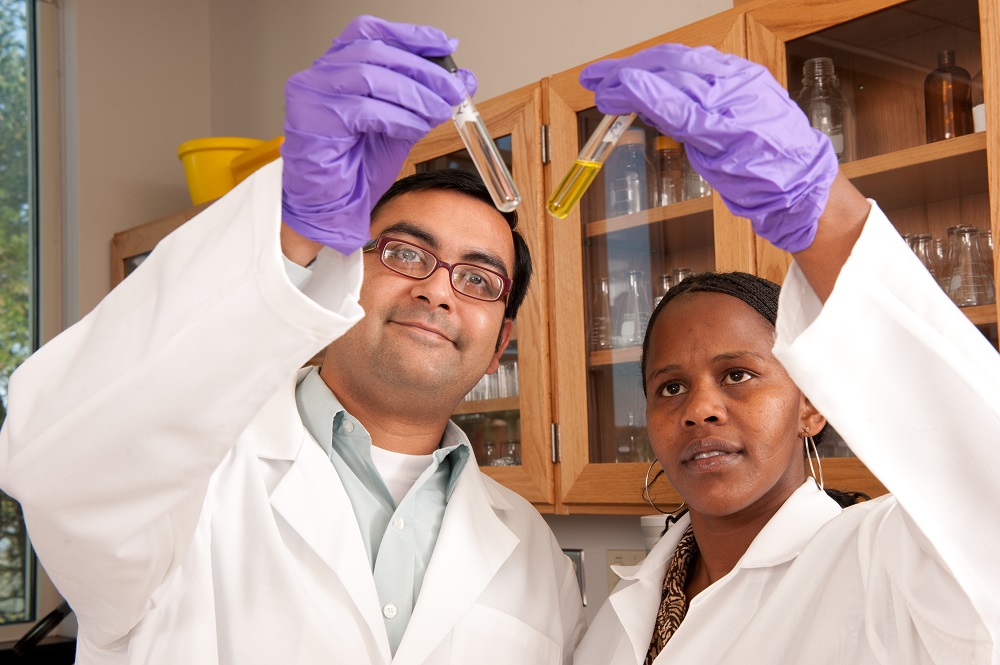SANS Seminar Series
Coming in Fall 2024: New SANS Seminar Series
A look back at Spring SANS Seminar Series
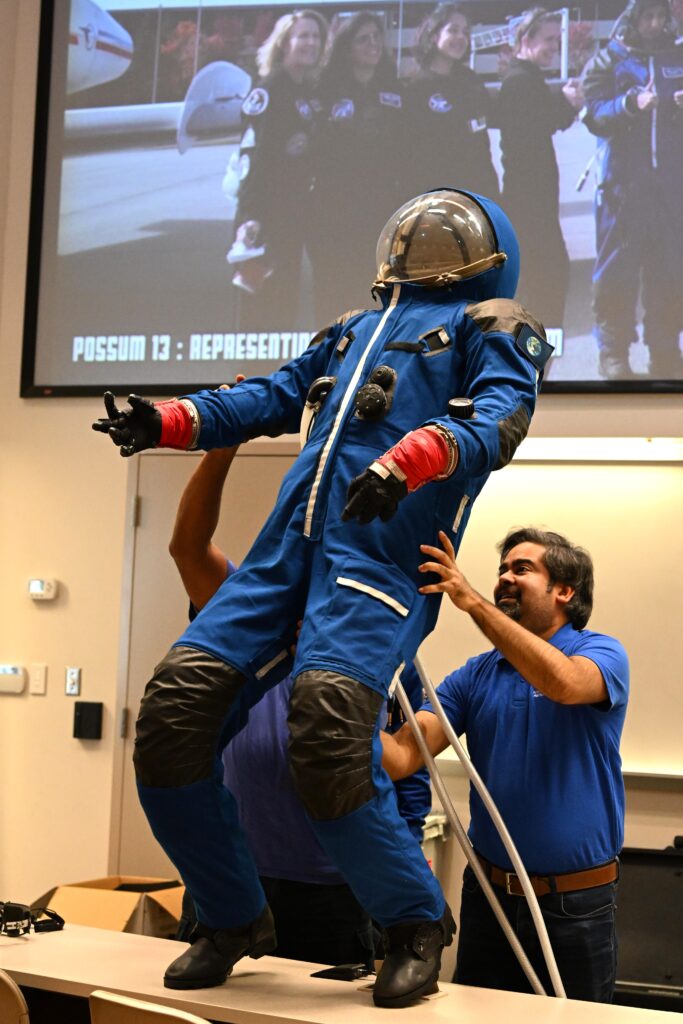
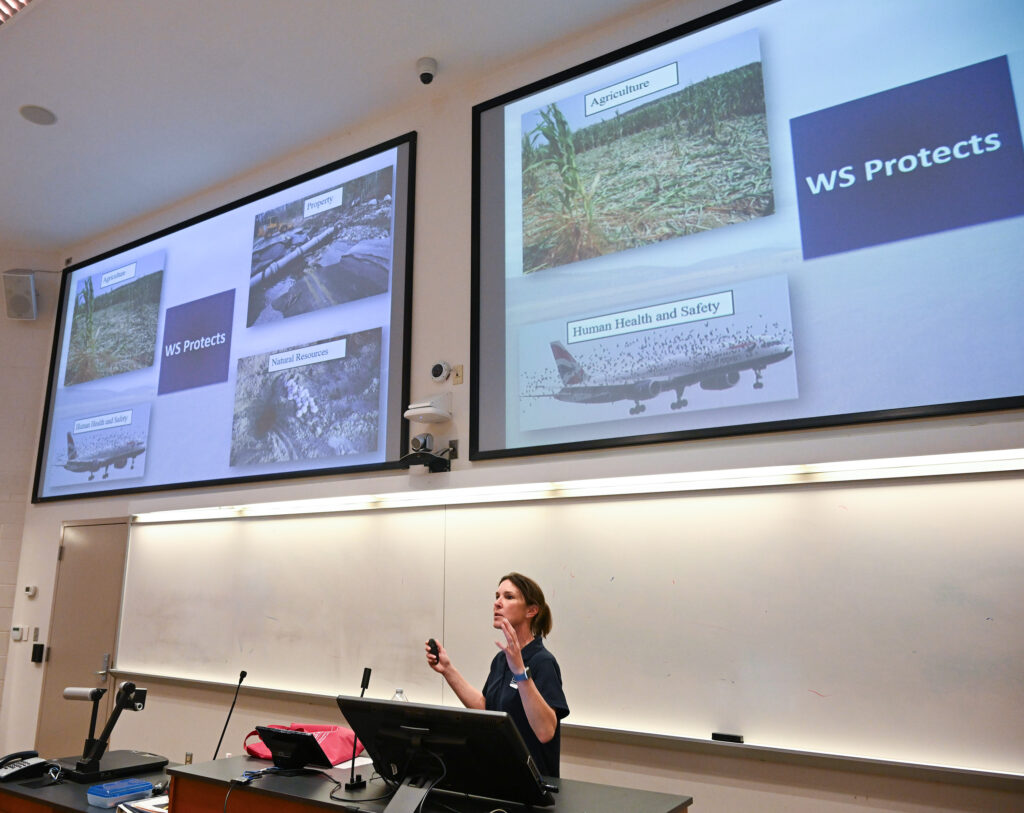
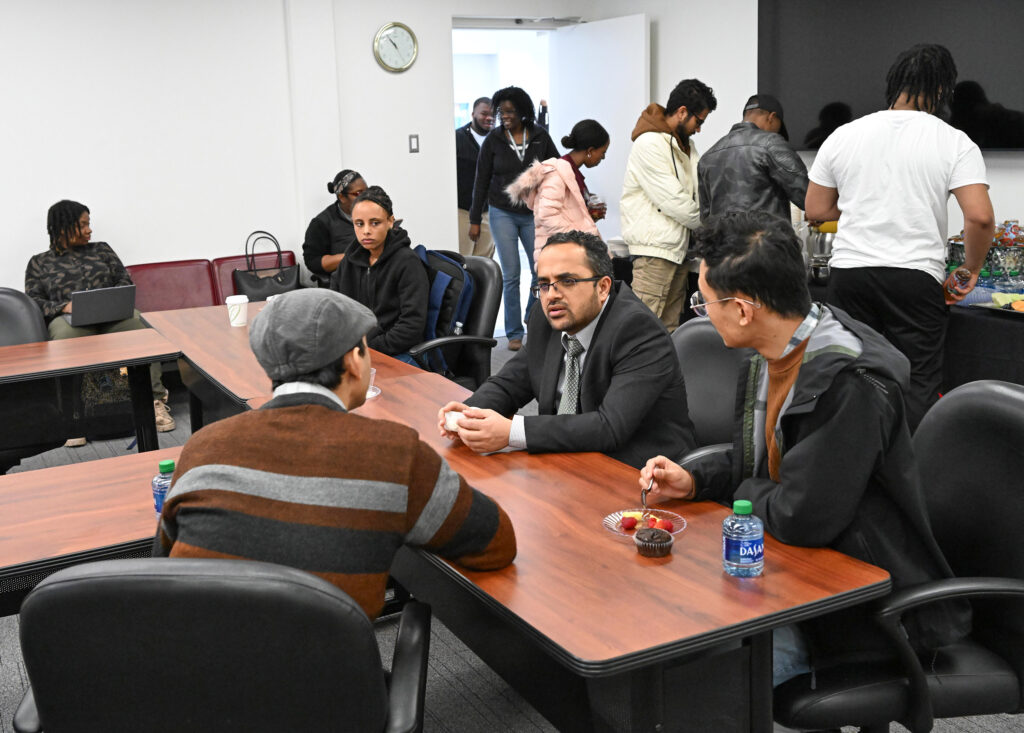
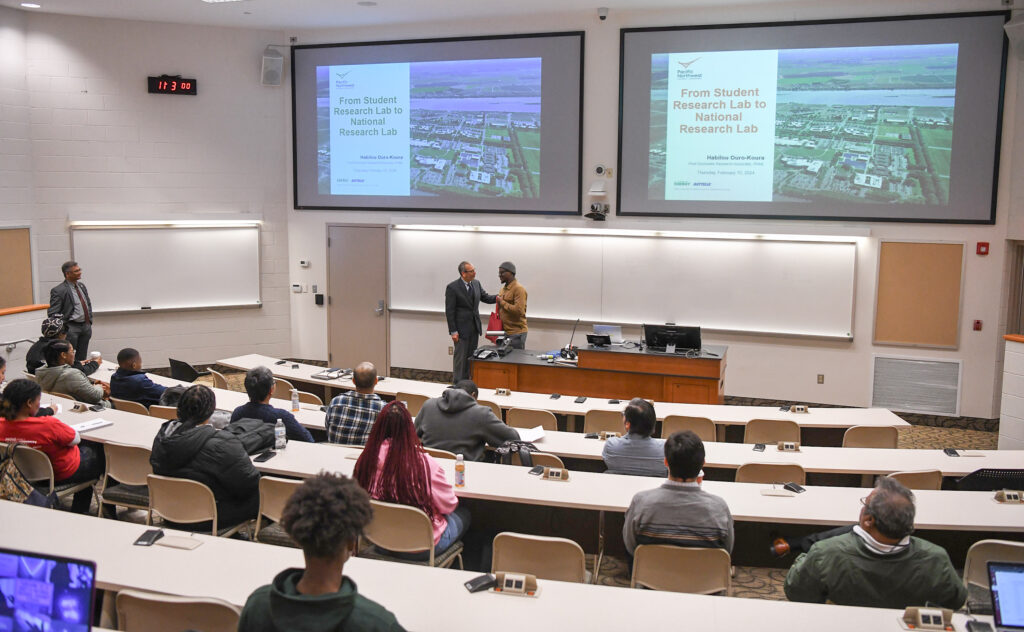

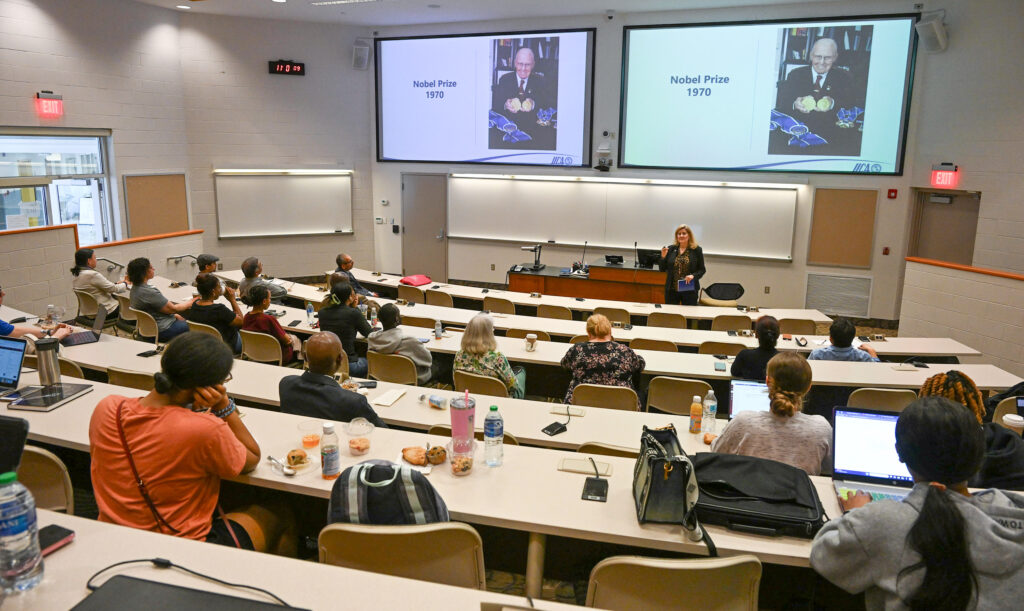
Past Seminars
| Date | Speaker | Topic | |
|---|---|---|---|
| May 9, 2024 | Dr. Jonica Thompson, USDA’s Animal and Plant Health Inspection Service | Common Poultry Diseases on the Eastern Shore | |
| May 2, 2024 | Margaret “Marnie” Pepper, USDA APHIS | Understanding and Managing Wildlife Conflicts | |
| April 11, 2024 | Margaret Zeigler, Inter-American Institute for Cooperation on Agriculture | Feeding the Americas and the World: Bridges for Agricultural Cooperation | |
Feb. 15, 2024 | Dr. Habilou Ouro-Koura, Pacific Northwest National Laboratory | From Student Lab to National Research Lab | |
| Feb. 22, 2024 | Dr. Aaron Persad, UMES Engineering Dept. | Space Food to Space Suit | |
| Mar. 7, 2024 | Dr. Birendra Adhikari, Idaho National Laboratory | Membrane Separation: Technology Needed to Reach Net-Zero | |
| Mar. 14, 2024 | Dr. Naveen Dixit, UMES SANS | UMES Horticulture: Advancements in Teaching, Research and Extension |
| Date | Speaker | Topic | |
|---|---|---|---|
| March 15, 2023 | Dr. Deborah Sauder | First Measurement of Ambient Air Quality on the Rural Lower Eastern Shore | |
| April 5, 2023 | Dr. Jimmy W. Smith | Opportunities and Challenges in International Agriculture Development | |
| April 19, 2023 | Dr. Charles R. Powley | Challenges in the Analysis of PFAS in the Environment | |
| April 27, 2023 | Dr. L. Mahadevan | Magic, Mystery, and Mathematics in the Mundane | |
| Sept. 13, 2023 | Dr. Richard Kane | Exploring the Synthesis and Energy Storage Applications of Graphene | |
| Sept. 20, 2023 | Dr. Catherine A. Richter | Molecular biology in environmental science: Discovery of de novo thiaminase synthesis in fish, and defining the range of a rare and cryptic fish with environmental DNA | |
| Sept. 27, 2023 | Dr. Kausiksankar Das, SANS, UMES | Technology in the classroom (virtual reality and cellphone) | |
| Oct. 11, 2023 | Ray Baughman, University of Texas at Dallas | Give it a twist: How artificial muscles harvest mechanical energy | |
| Oct. 25, 2023 | Dr. Malinda Cecil, UMES | A Food Culture Tour of the Republic of Ireland and the Challenges of Food Sustainability | |
| Nov. 8, 2023 | Trevor Michaels, USDA’s Animal and Plant Health Inspection Service | How conservation detection dogs are used for wildlife management | |
| Nov. 29, 2023 | Dr. Melissa A. Cregger, Oak Ridge National Laboratory | How harnessing plant-microbe interactions builds sustainable ecosystems. | |
| Dec. 6, 2023 | Dr. Carrie A.M. Laboski, USDA-ARS Pasture Systems and Watershed Management Research Unit in University Park, PA. | Sustainable Nitrogen Fertilizer Rate Decisions Tools for Corn Production: A Midwestern Approach |


